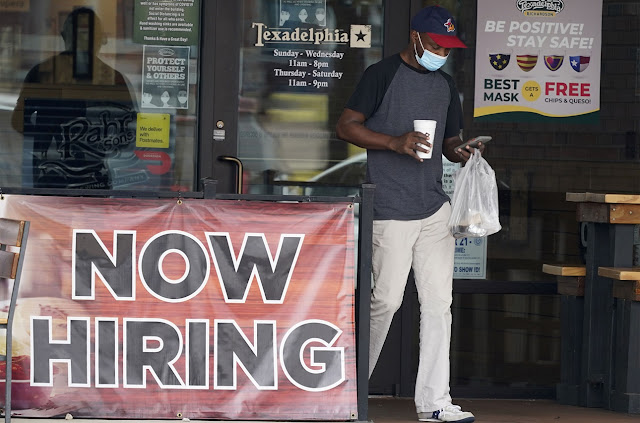 |
Trust accounts for unemployment insurance are funded by corporate taxes that payout payments to laid-off employees. State and federal legislation cause tax increases to replenish the accounts if the funds appear to run out of funding, as they do now in several states.
The non-partisan New Jersey Legislative Services Office reported last week that the rebalancing of the books would save employers $919 million in new unemployment payroll taxes next year. News outlets quoted some New Jersey legislators as saying that, as the state did during the Great Recession, they might pass legislation to spread the effect over many years.
To augment unemployment trust funds and prevent some of the rises in business income, some states have used federal coronavirus relief dollars.
The U.S. Treasury Department reports 20 states that have sought loans as of Sept. 18 to fund unemployment compensation. California, Illinois, Massachusetts, New York and Texas are now borrowing billions of dollars.
Since the Great Recession, many states have just recently replenished their unemployment funds. After the decline, some states passed laws to allow business tax increases to spread out over several years to mitigate the impact.
Nationally, the average tax on state unemployment benefits went down from 3.8 percent to 1.8 percent between 2012 and 2020 as funds were replenished, according to an Equifax study.
New Mexico now borrowing from feds to pay state unemployment benefits.
Louisiana Legislature Calls Special Session To Address Coronavirus Restrictions, Unemployment Crisis









